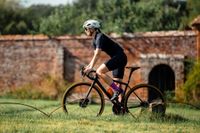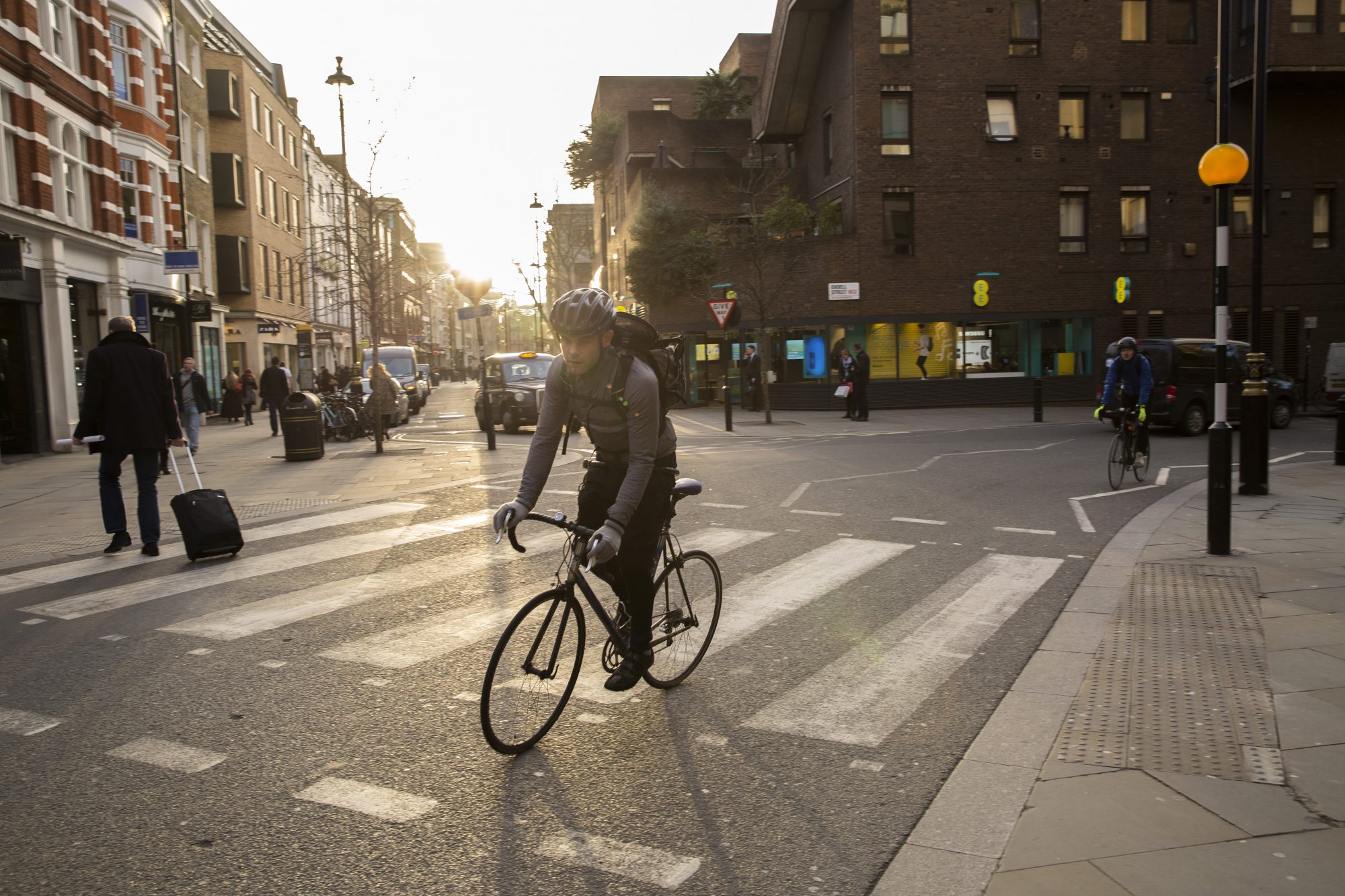Bicycles are the future for transport, not electric cars, says report
Walking, cycling and public transport use championed over low emissions vehicles


An academic report has argued that active modes of transport provide a better answer to problems around climate change and congestion then low emissions and electric cars - whilst promoting healthier lifestyles.
'Shifting the focus: energy demand in a net-zero carbon UK', was published by the Centre for Research into Energy Demand Solutions (CREDS) - an organisation made up of more than 80 academics across the UK.
The government funded report looks at key changes in energy demand which could help reduce carbon emissions and energy use in the UK.
Using the Government’s Clean Growth Strategy as a starting point, the 108 page document highlights potential shortcomings in policy and seeks alternative solutions.
In the transport focused chapter, penned by Jillian Anable, Chair in Transport and Energy at the University of Leeds, and Phil Goodwin, Associate Professor in Earth System Dynamics at the University of Southampton, the writers explore the current planned measures and offer up alternatives.
The writers note that at present, cars, vans, HGVs and buses make up 96 per cent of on-road emissions, 98 per cent of that depends on fossil fuels and that energy use from transport has increased by 16 per cent since 1990.
Ultra Low Emissions Vehicles (ULEVs) and electric cars have been seen as the saviour of the situation by many. A 2018 Department for Transport (DfT) report aims to see 50 to 70 per cent of new cars be ULEVs by 2035.
The latest race content, interviews, features, reviews and expert buying guides, direct to your inbox!
However, the CREDS report questions the focus in this area, arguing that the approach could "put upward pressure on traffic growth by lowering the costs of motoring."
It adds that: "‘Clean’ growth involves more than attending to the carbon implications; it means considering the combined effects of continued car dependency" - including inactive lifestyles and congestion.
>>> What's the best bike for commuting?
The report states that current plans are made around projected increase in demand for car travel.
However, stats show a dramatic drop in car driven miles per head for those aged 17-59, with only the 60 plus group increasing its car use, particularly in cities where people are more likely to hire a car occasionally than own one.
"It is only an aging cohort of people, now over 60, that has contributed to traffic growth, whereas successive cohorts of younger people have shown a reduction in driving licence-holding, car ownership, and car use," the report states.
Among other recommendations, the writers call for support that will accelerate the shift from car dependency to low energy methods of travel - walking and cycling (including e-bikes and e-scooters) - as well as public transport.
They recommend "investment programmes on both capital and revenue spending, priority use of road space, and... encouraging behavioural change."
Published on July 5, the report comes days after a Transport for London (TfL) report showed a record increase in cycling, putting the 5 per cent rise down to improved infrastructure.
Other recent stats from a YouGov poll of 800,000 individuals have shown that close passes, poor road surfaces and sharing the road with lorries represent the biggest factors putting people off cycling in the UK.
Michelle Arthurs-Brennan the Editor of Cycling Weekly website. An NCTJ qualified traditional journalist by trade, Michelle began her career working for local newspapers. She's worked within the cycling industry since 2012, and joined the Cycling Weekly team in 2017, having previously been Editor at Total Women's Cycling. Prior to welcoming her first daughter in 2022, Michelle raced on the road, track, and in time trials, and still rides as much as she can - albeit a fair proportion indoors, for now.
Michelle is on maternity leave from April 2025 until spring 2026.
